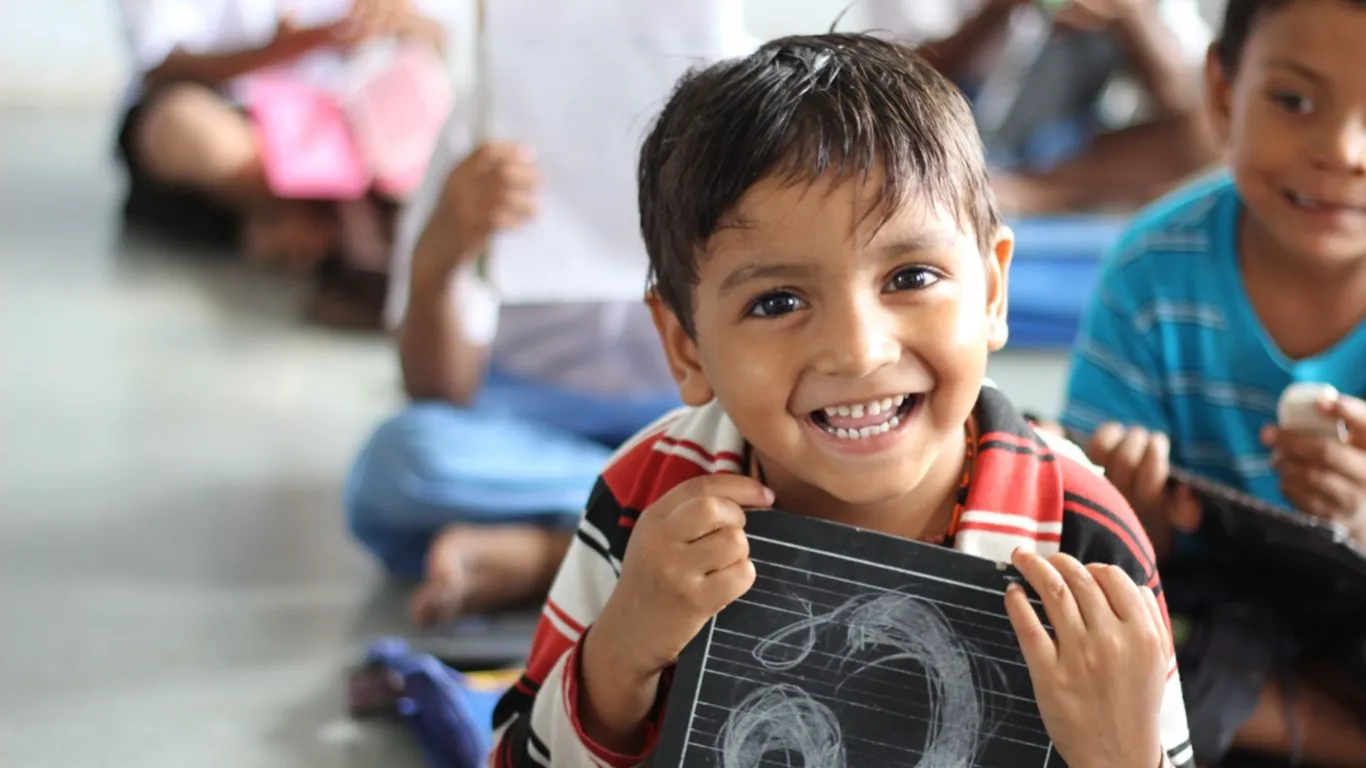Back to School


As children worldwide prepare to resume their schooling after long summer vacations, one cannot help but question what it is like for nearly 23 million children who are out of school worldwide. It is distressing to know that education is still a luxury in many countries. Illiteracy is well-known to perpetuate the cycle of poverty and bring nations to a halt. Many developing countries have suffered years of stagnant growth and are facing an acute shortage of skilled labor. Education empowers. It helps nations become independent. True independence is about progressing without limitations put by others. Investment in education is considered to pay the highest dividends.
Let’s look at the 17 Sustainable Development Goals (SDGs) by the United Nations (UN). One of the goals mentioned is ‘Quality Education’ which focuses on ensuring inclusive and equitable education for all regardless of their class, creed, ethnicity, gender, and nationality. It also aims to promote lifelong learning opportunities. Lifelong learning stems from the understanding that one’s education does not have an end date. The world around us is constantly changing. Discoveries and technological innovations are creating new jobs and, thus, new skill sets are needed to undertake these jobs. Education needs to be dynamic to ensure that it moves along the trajectory of growth promoted by technological and socio-economic advances. For example, the rapid progress in artificial intelligence (AI) tools has opened a vast new arena that now relies on new skill sets to fuel its growth.
Other goals set by the UN are directly linked to the impact of education. Consider the following goals:
We can easily surmise that eight out of 17 SDGs rely on the delivery of quality education. Supporting initiatives to improve education and ensure its accessibility to everyone is a recipe for success. Furthermore, education is the only way to bring sustained development and ensure that we do not fall back on our commitments to create a just and equitable world.
The COVID pandemic has seriously affected the education system as a whole. During the pandemic majority of the schools were shut down. Not all children were equally affected. Many schools introduced online classes but only those who had access to the internet benefitted from distance learning. Students living in rural areas could not avail such opportunities owing to the lack of e-learning facilities such as stable internet connection, laptops, and cellular phones.
There is an urgent need to address the lack of educational opportunities. According to the UN, if additional measures are not taken the developing countries in 2030 would face a lingering crisis. It is estimated that by 2030, 84 million will be out of school and 300 million students will be illiterate.
The purpose of this article is not to paint a gloomy picture by showcasing the severity of the issue. It is simply to remind readers to invest in promoting education for all. As far as the statistics are concerned, the accessibility of education is improving, albeit slowly. But WE CAN and WE SHOULD do more. The keyword here is ‘invest.’ When you donate towards education, you are actually making an investment that will pay high dividends in the long run. Education is philanthropy. It is different from making a charitable donation where the impact is usually short-term. Education builds nations.
There are great nonprofits out there that are chiefly focused on creating impact through education. Your support is needed to create a new generation of doers and change-makers. Head over to Feeling Blessed and select 'education' from the multiple causes. There are currently 193 such causes waiting for your contribution.
Check out our most popular blogs and resources.